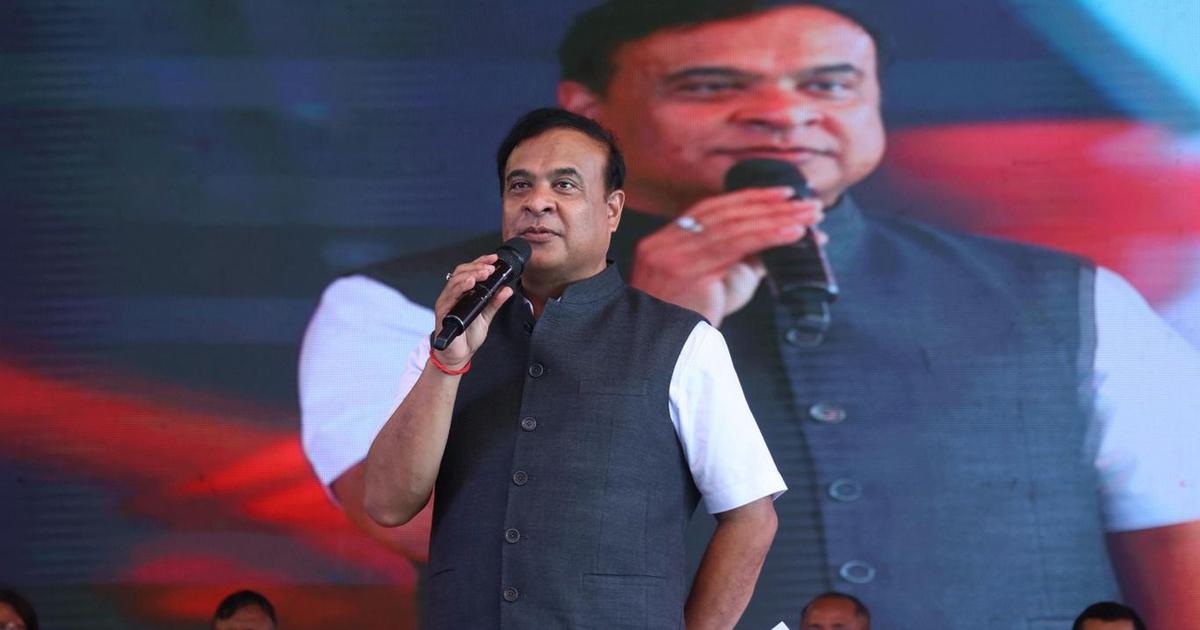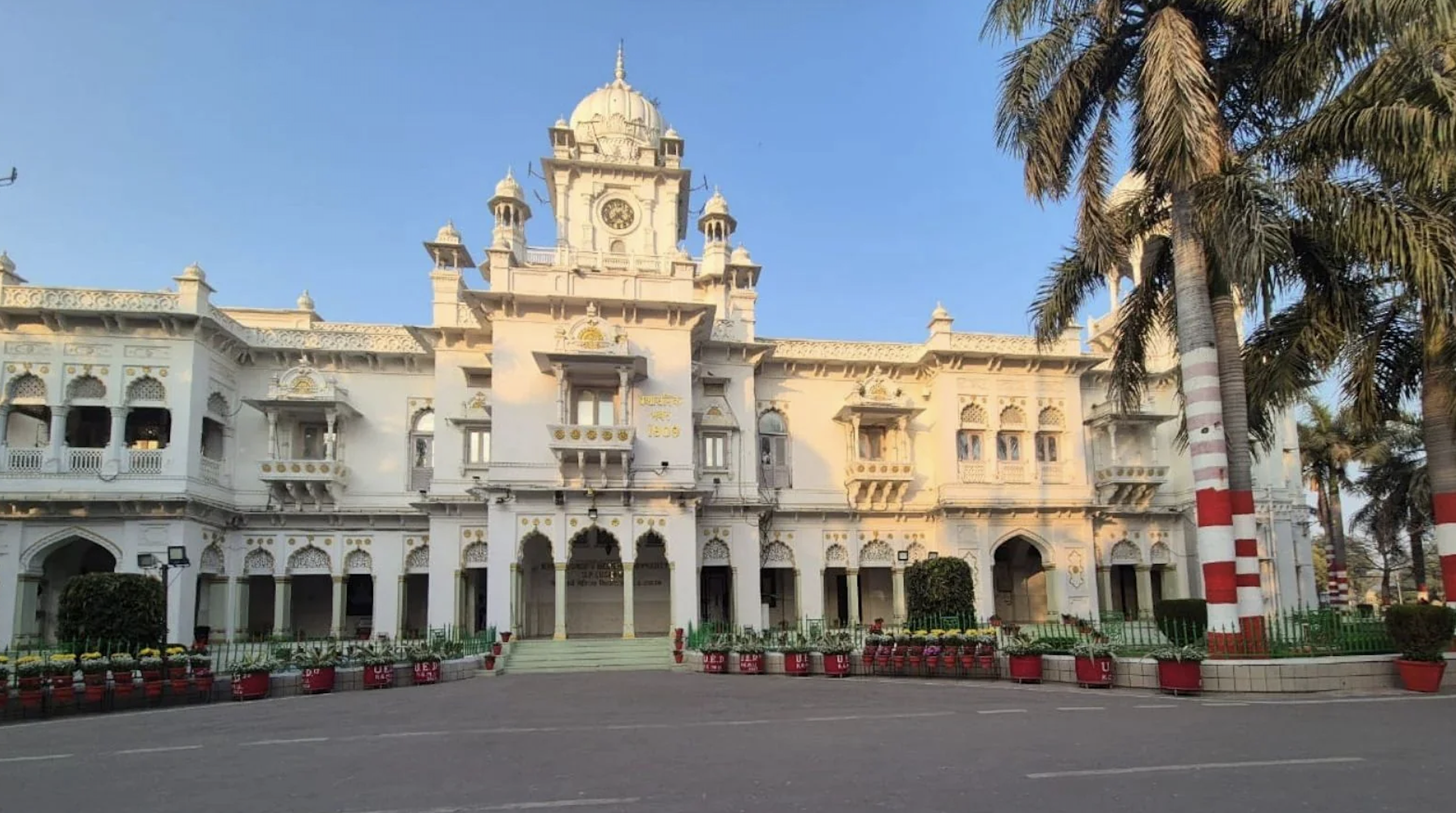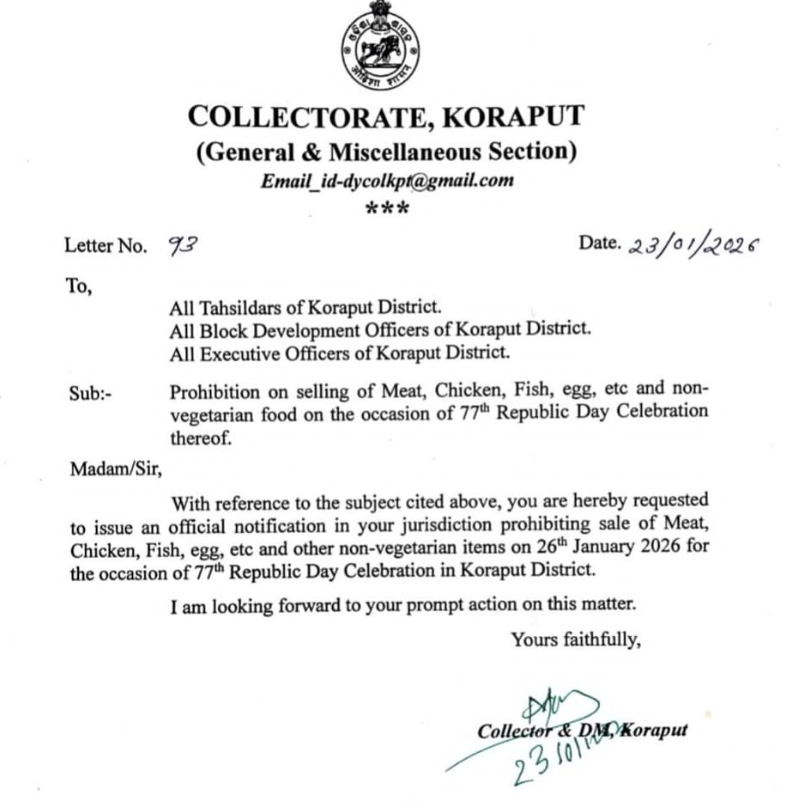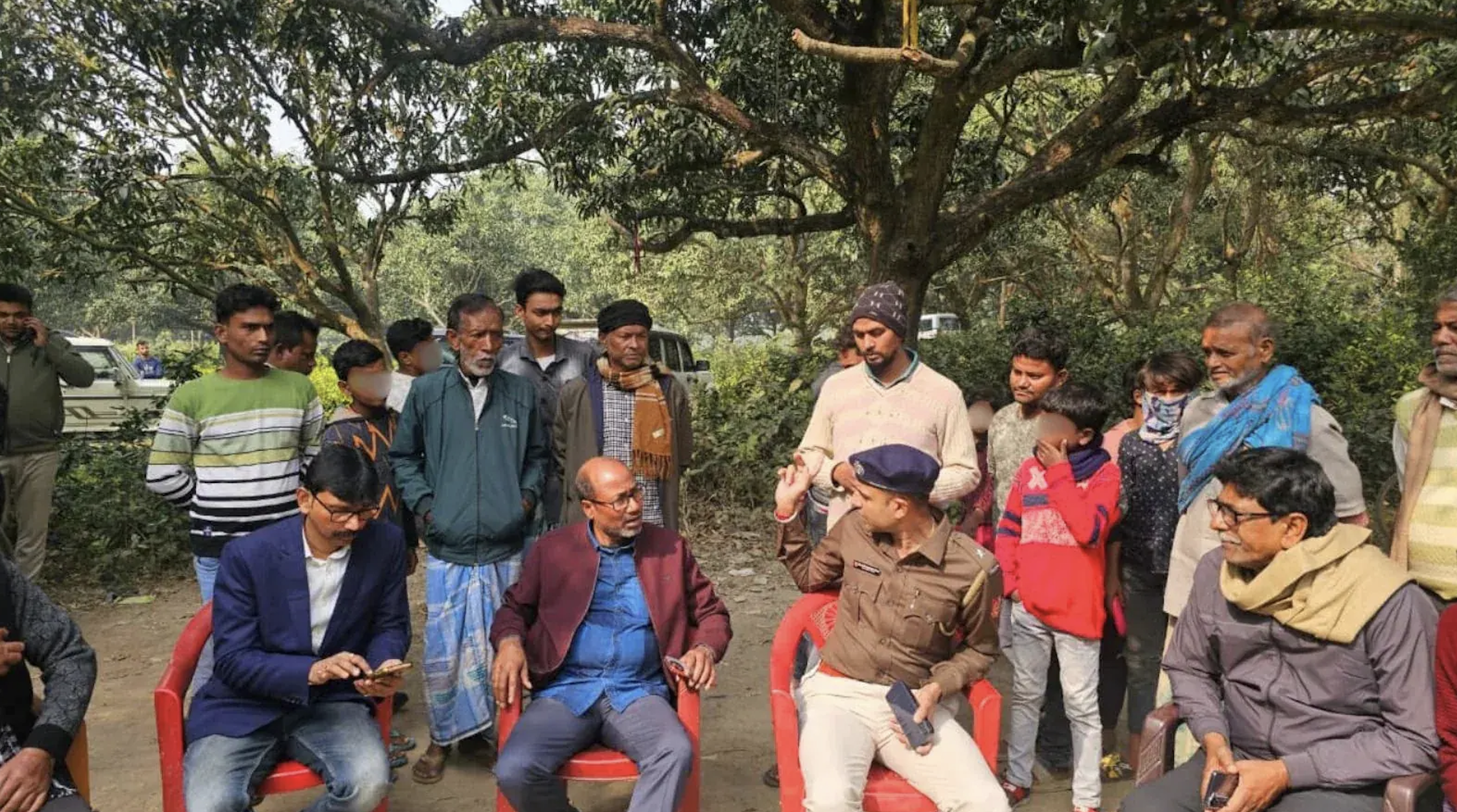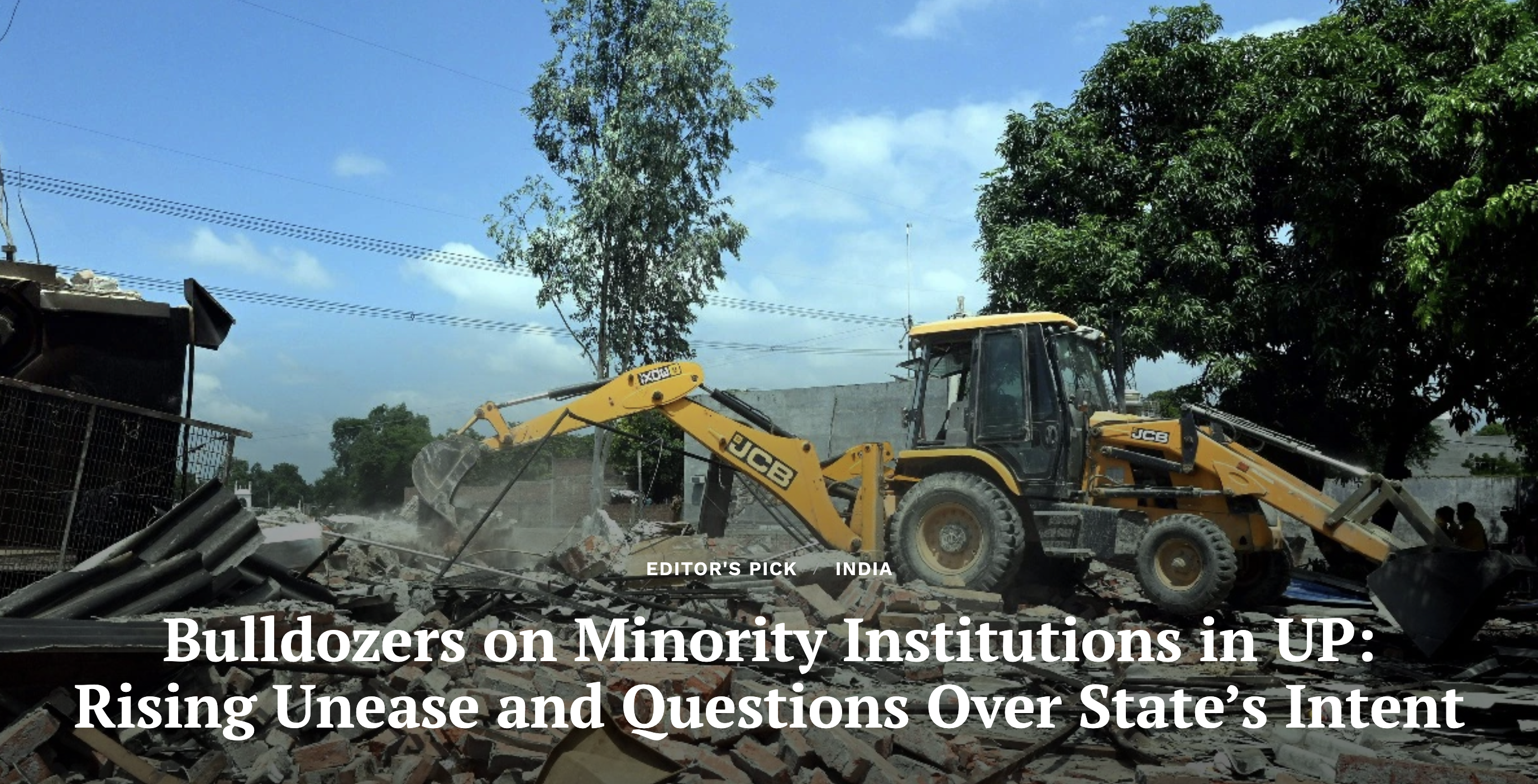
Ghalib Shams | Clarion India
The sealing of the historic Anwarul Uloom Madrassa in Uttar Pradesh’s Shravasti district and its subsequent reopening by court order has once again drawn attention towards the growing crackdown on minority educational institutions in the state.
On 27 April 2024, officials from the Department of Minority Welfare sealed the madrassa, claiming it was unregistered. However, the madrasa administration maintained that it had been registered with the Minority Department since 1974.
When the case reached the Allahabad High Court, the court declared the sealing unlawful, criticised the local administration, and ordered the immediate reopening of the madrassa.
Yet, despite the court’s clear ruling, the stance of the state machinery raises pressing questions like is this campaign genuinely about removing illegal encroachments, or does it reflect a deeper, more targeted strategy against minority institutions?
In Bhartha Roshangadh, another village in Shravasti district, the local administration demolished part of the boundary wall of a historic mosque. The madrasa operating within the mosque premises was also shut down.
Ashfaq Ahmed, who is head of the mosque committee said that this mosque is over 100 years old and recently officials from the Sub-Divisional Magistrate’s office and the Revenue Department conducted a survey and claimed that part of the mosque’s boundary wall falls on government land.
Ahmed said, “The administration ordered the demolition, and to avoid conflict, we ourselves took down the wall. A madrasa has been running in the mosque compound for years, but it has now been forced to shut. The madrasa is registered with the Registrar of Firms, Societies and Chit Funds Office in Ayodhya. We applied for affiliation with the UP Madrasa Board two years ago, but have still not received any response.”
This story was originally published in clarionindia.net. Read the full story here.


